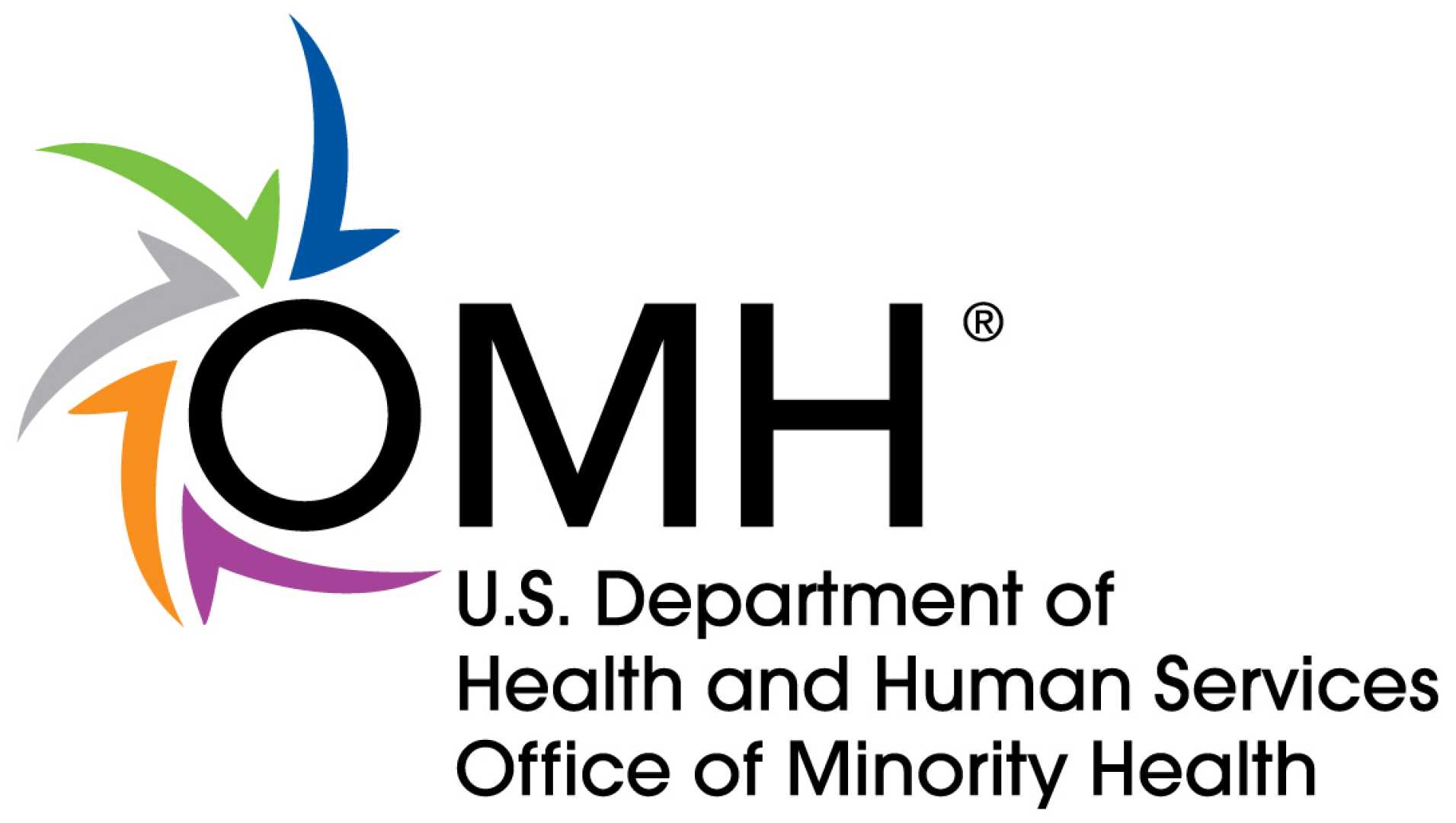Health
Report: HHS Cuts Risk Worsening Health Disparities Across U.S.

Washington, D.C. — Employees of the Department of Health and Human Services (HHS) gathered outside the Mary E. Switzer Memorial Building on April 1, 2025, after reports surfaced of significant staff cuts within the agency. The Trump administration has initiated plans to eliminate approximately 10,000 jobs at HHS, including substantial layoffs at the Centers for Disease Control and Prevention (CDC) and the Food and Drug Administration (FDA).
According to CNBC, Secretary of HHS Robert F. Kennedy Jr. is leading a restructuring that involves the closure and gutting of at least seven minority health offices. Insiders, who spoke on condition of anonymity, indicated that many of these offices have had their staff reduced significantly or eliminated entirely, including leadership roles.
The cuts target HHS’s Office of Minority Health and the National Institute on Minority Health and Health Disparities (NIMHD), as well as similar offices at the FDA, CDC, Centers for Medicare & Medicaid Services, Health Resources and Services Administration, and Substance Abuse and Mental Health Services Administration. Health policy experts warn that these cuts could exacerbate existing health disparities in the United States.
Dr. Stephanie Ettinger De Cuba from Boston University stated, “It will have negative health impacts, obviously, for groups they’re focused on. But what gets missed in the story is it ultimately impacts all of us, no matter what your background is.”
Despite the administration’s intentions to streamline operations, experts argue that dismantling these vital health offices will undermine progress made in addressing health disparities among minority and underserved populations.
The administration attempted to justify the cuts by emphasizing a shift towards a new agency, the Administration for a Healthy America, which will consolidate several current offices, including the Office of Minority Health, under its umbrella. However, this plan requires congressional approval, and its sustainability remains uncertain.
The layoffs and office closures come at a time when health disparities continue to pose serious challenges in the U.S. Minorities, low-income communities, and rural residents often face worse health outcomes, increased chronic disease rates, and reduced access to healthcare compared to the general population. The ongoing Covid-19 pandemic has intensified these issues.
Samantha Artiga from KFF noted that data collection and research are essential for tackling health disparities. The staff cuts may hinder efforts to gather necessary data, ultimately leading to further inequities in health.
As HHS moves forward with its restructuring, the exact outcomes and impacts of these decisions on minority health initiatives remain to be seen. Terry McGovern from the CUNY Graduate School of Public Health suggested that it could take months before the consequences of these cuts are fully realized.
In the meantime, the voices of health policy experts and community advocates are rising in response to what many see as a troubling shift away from support for vital health equity initiatives.












